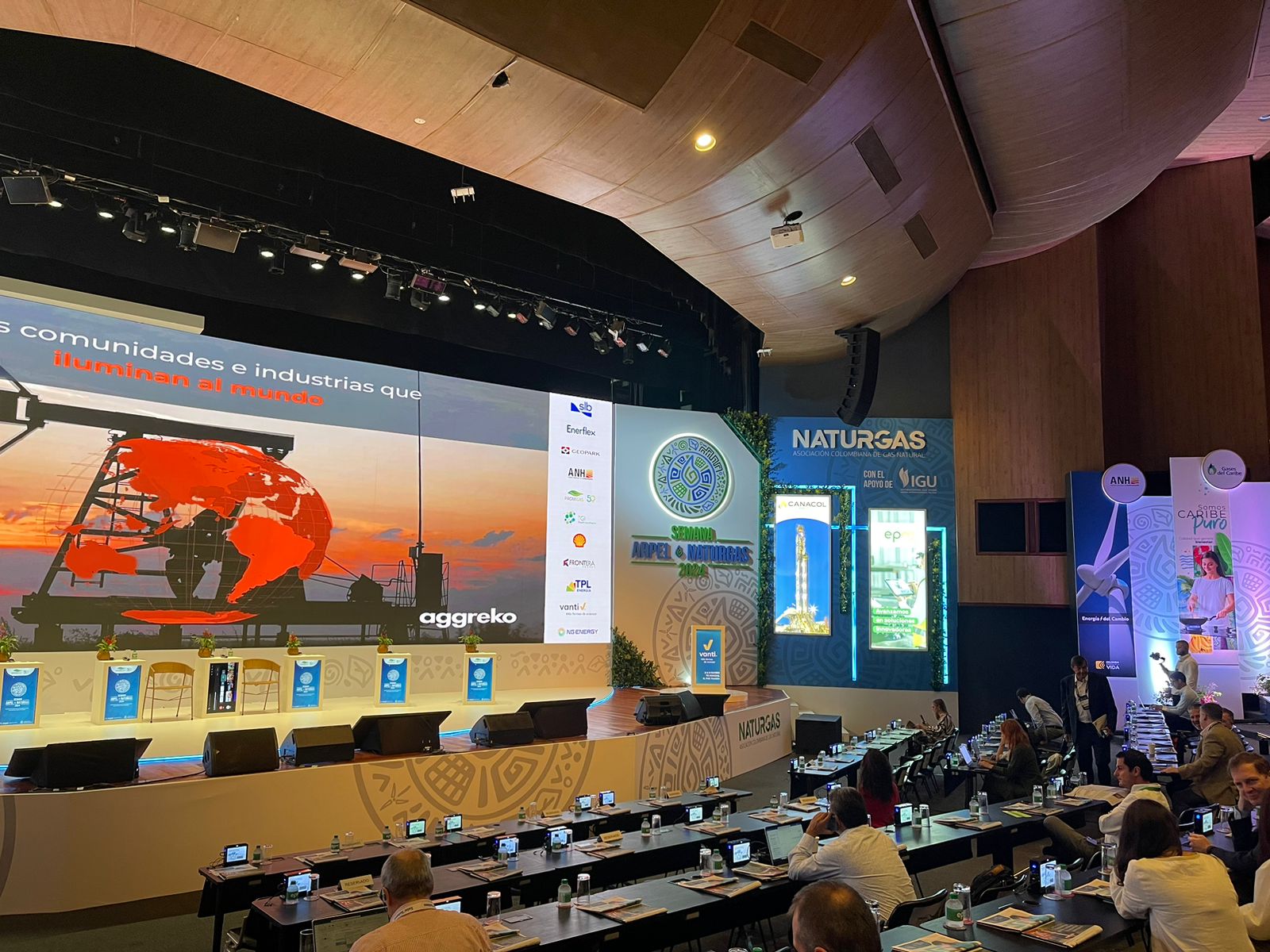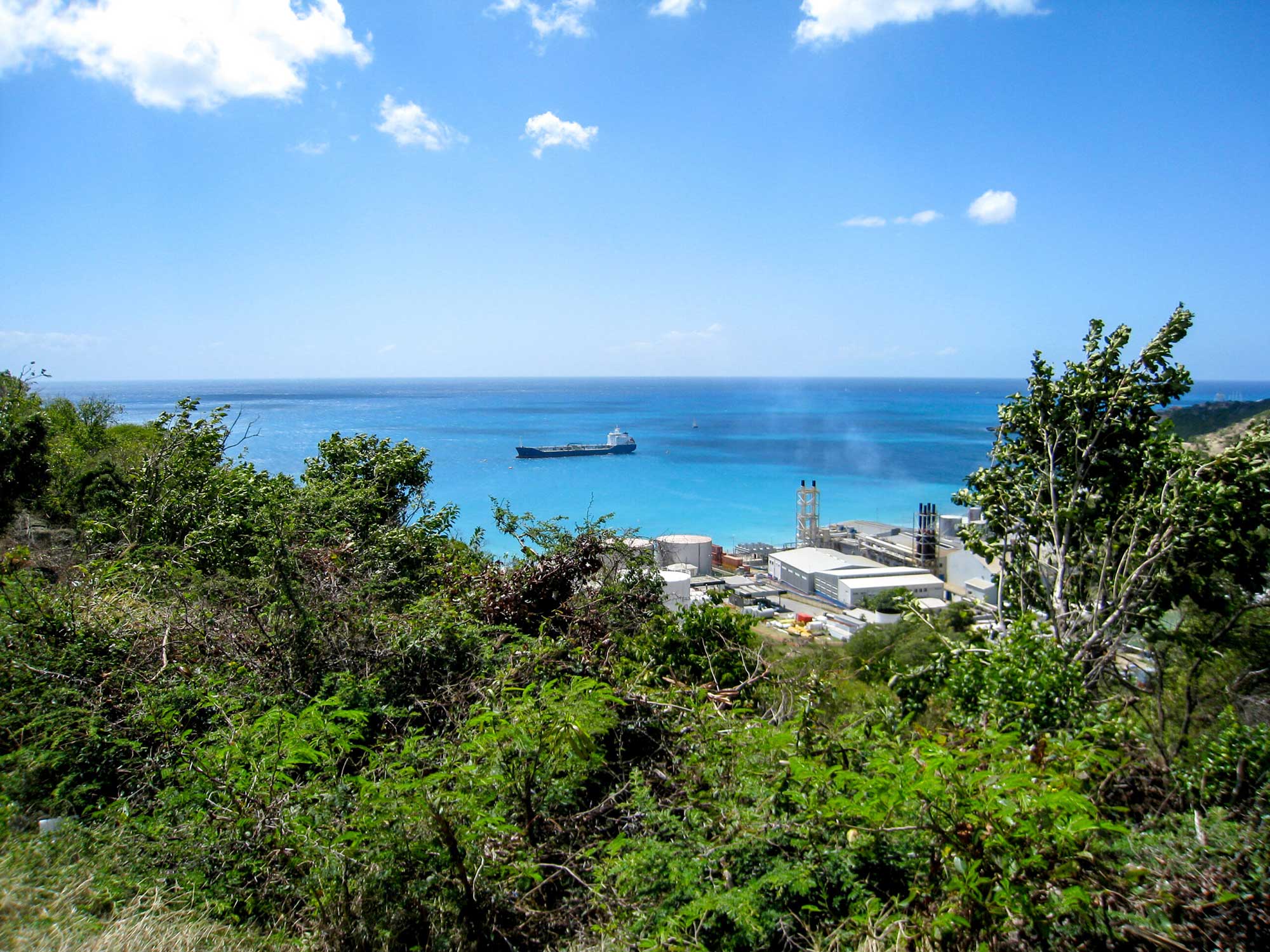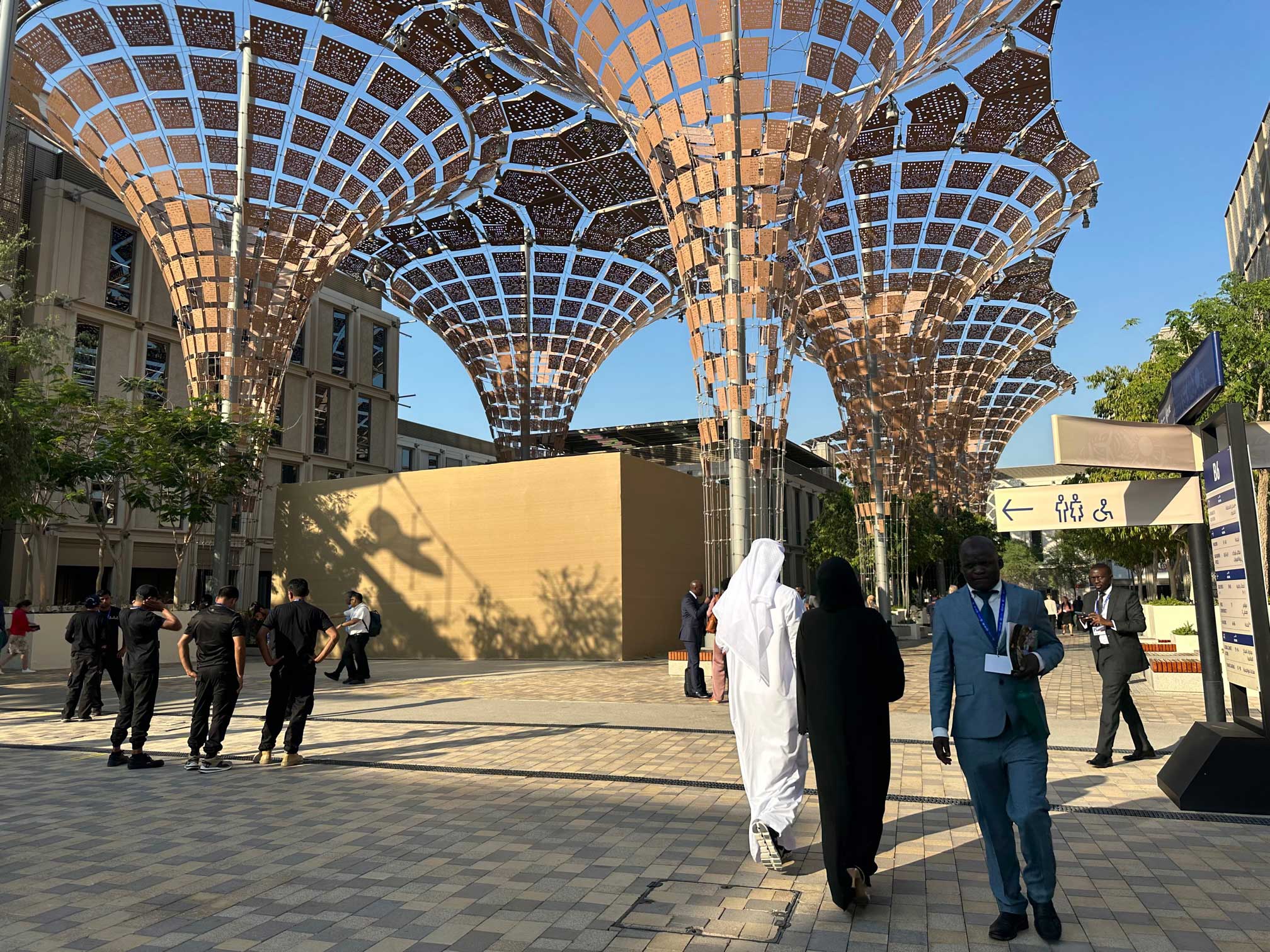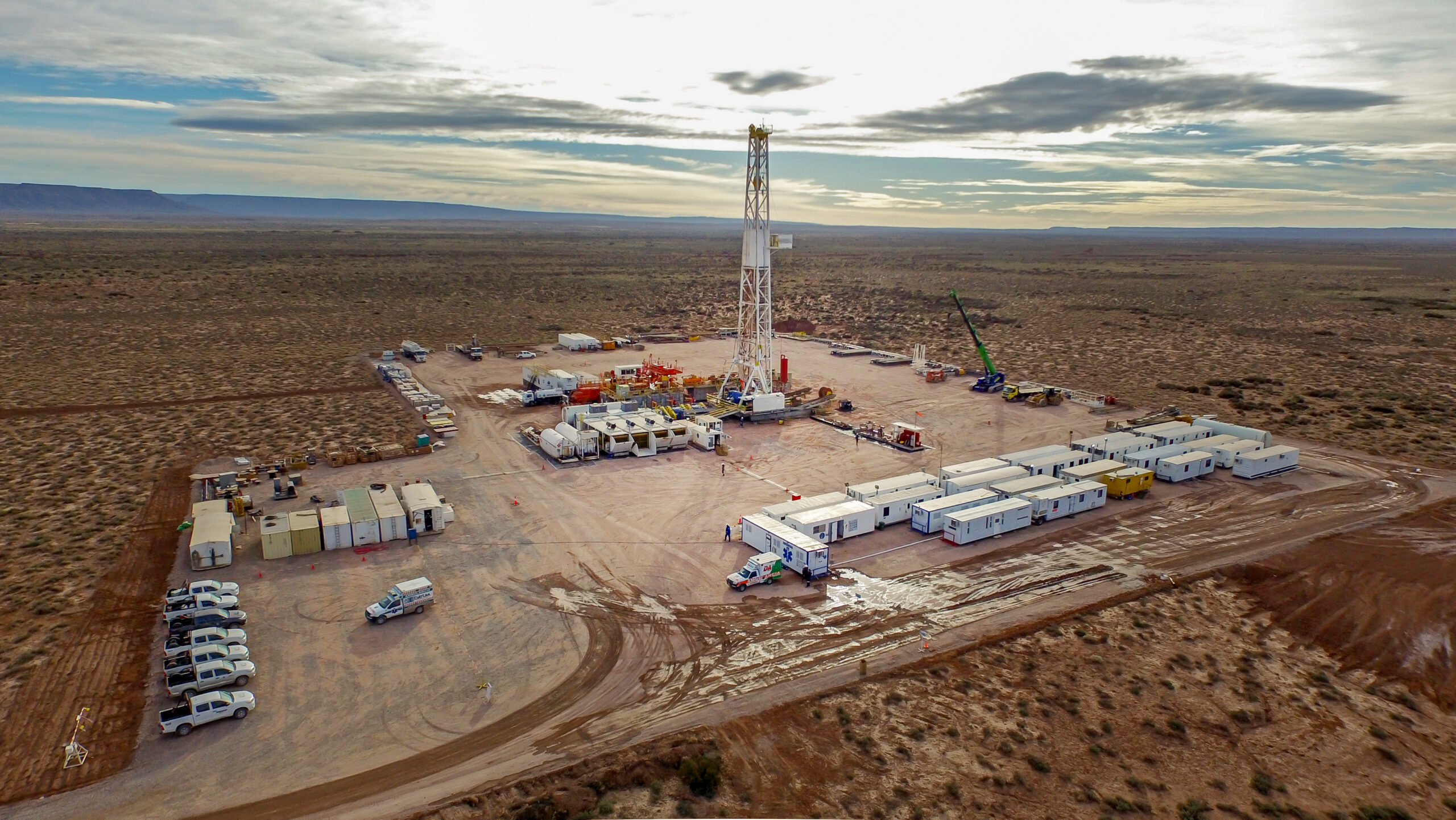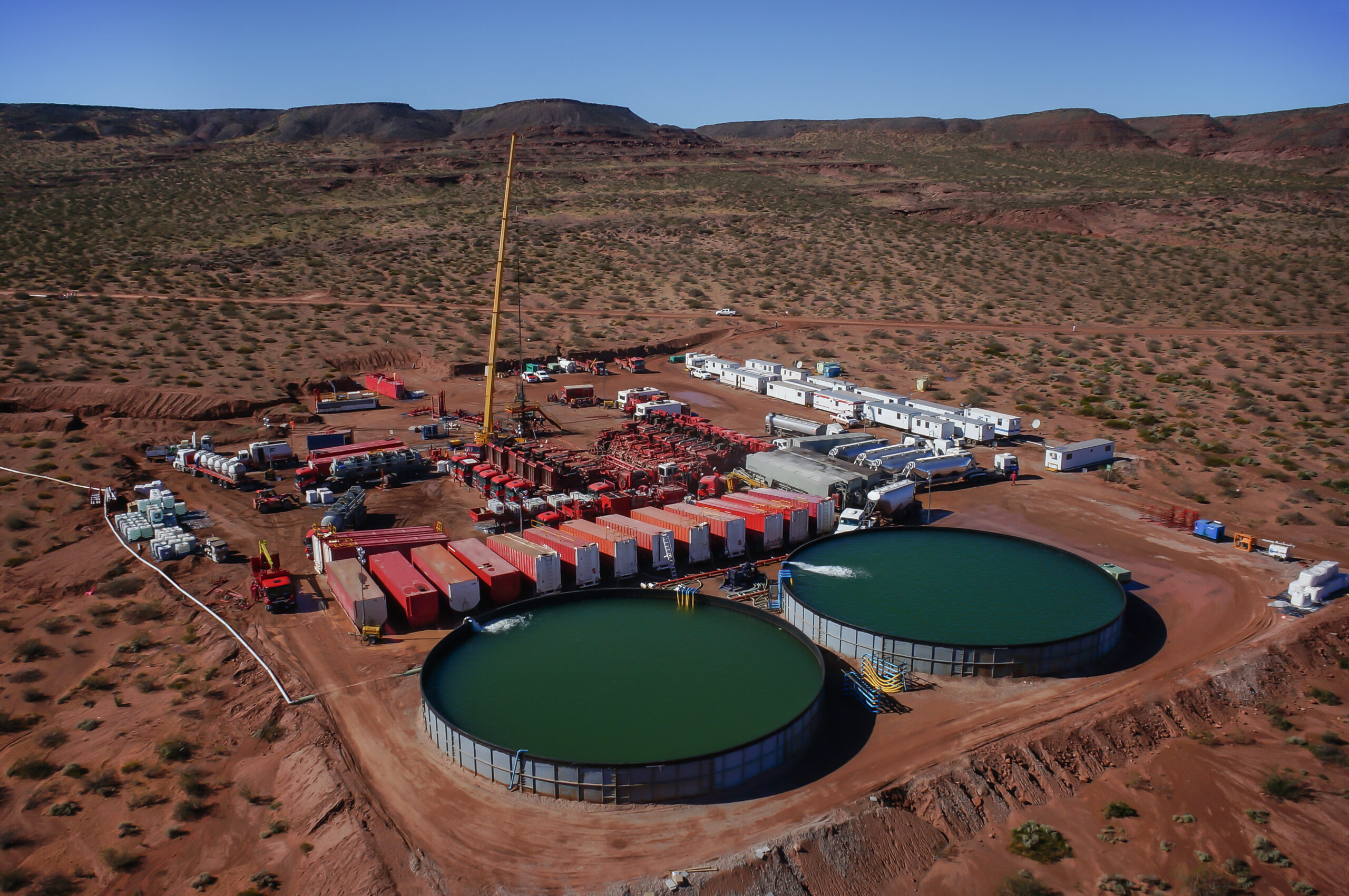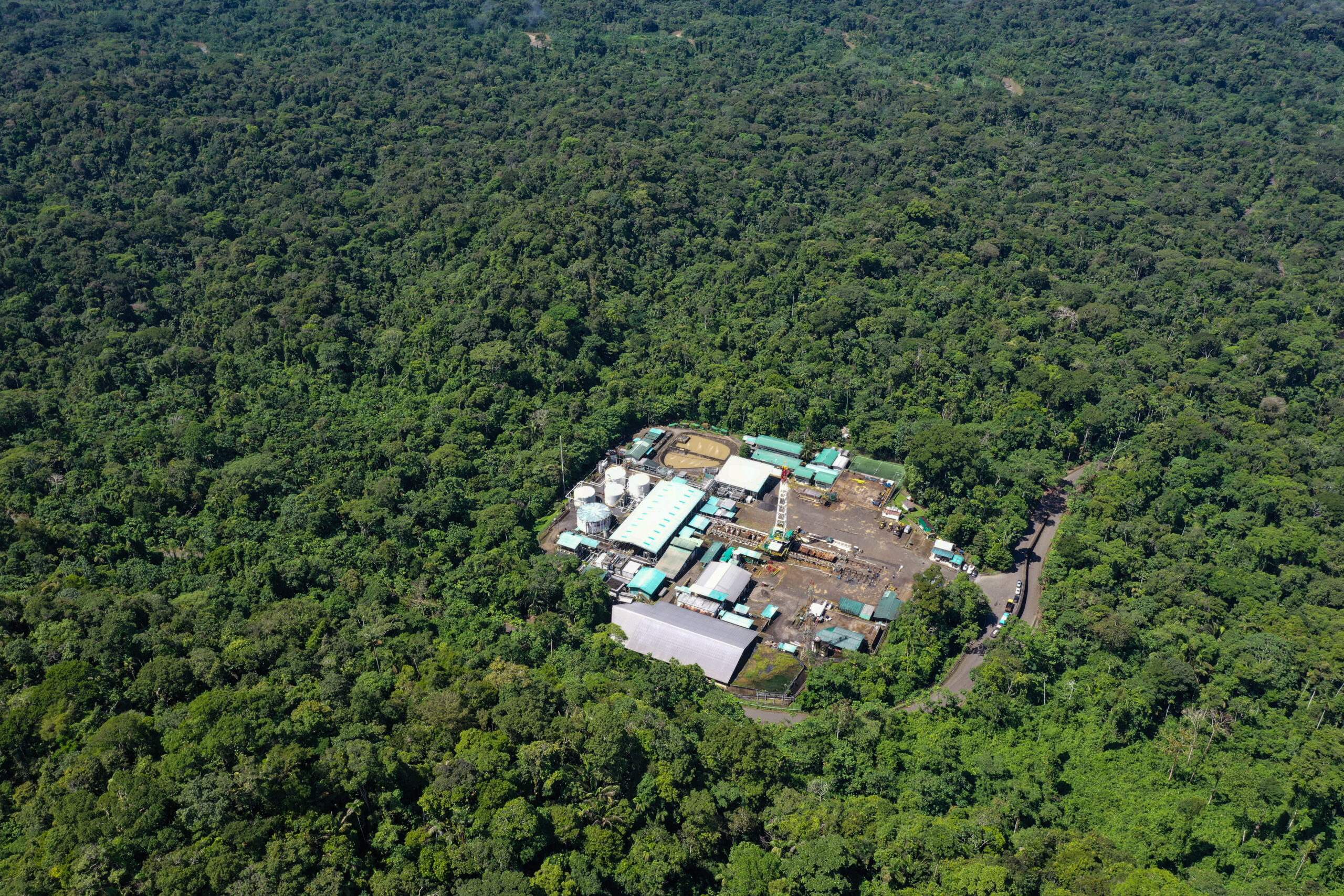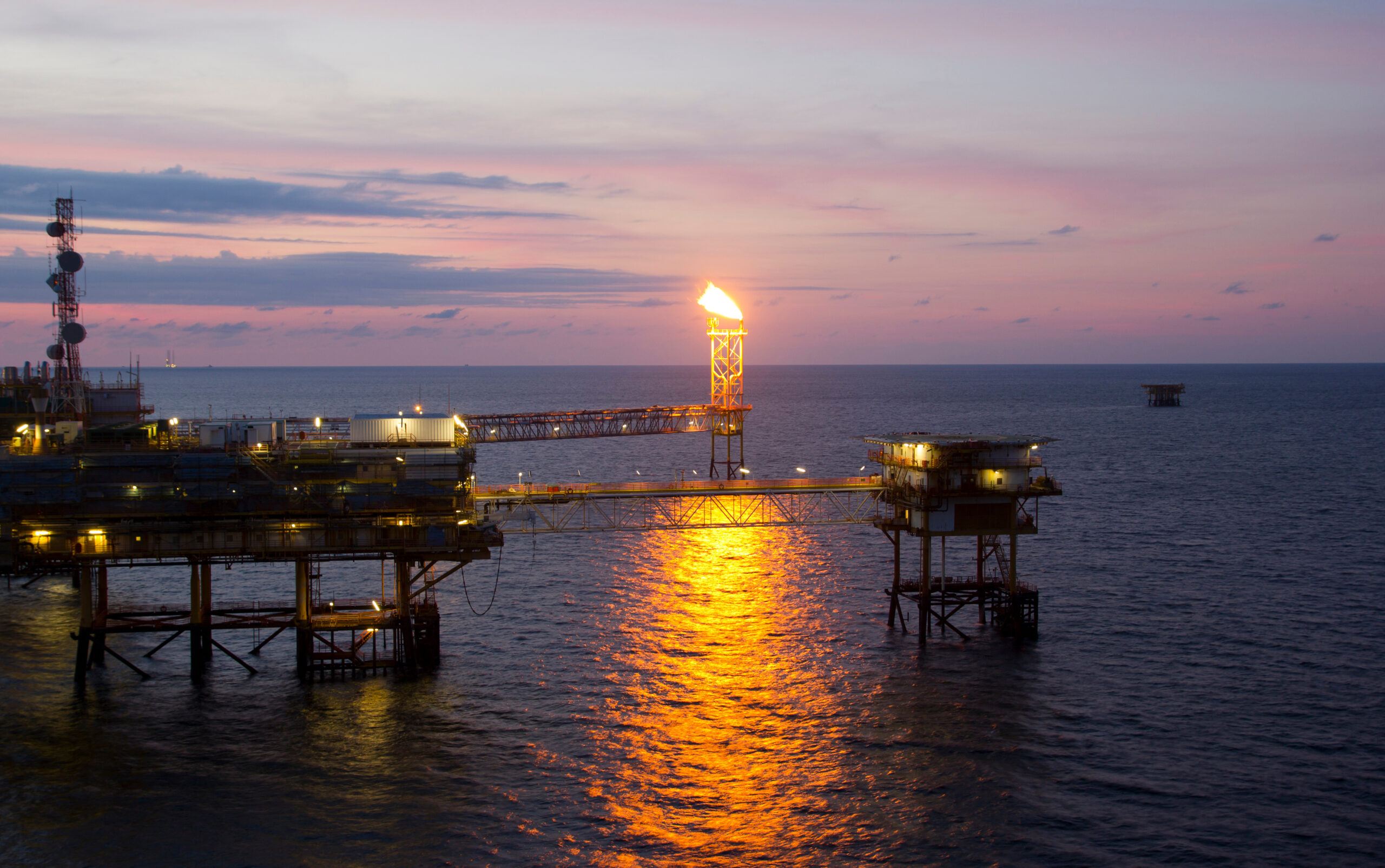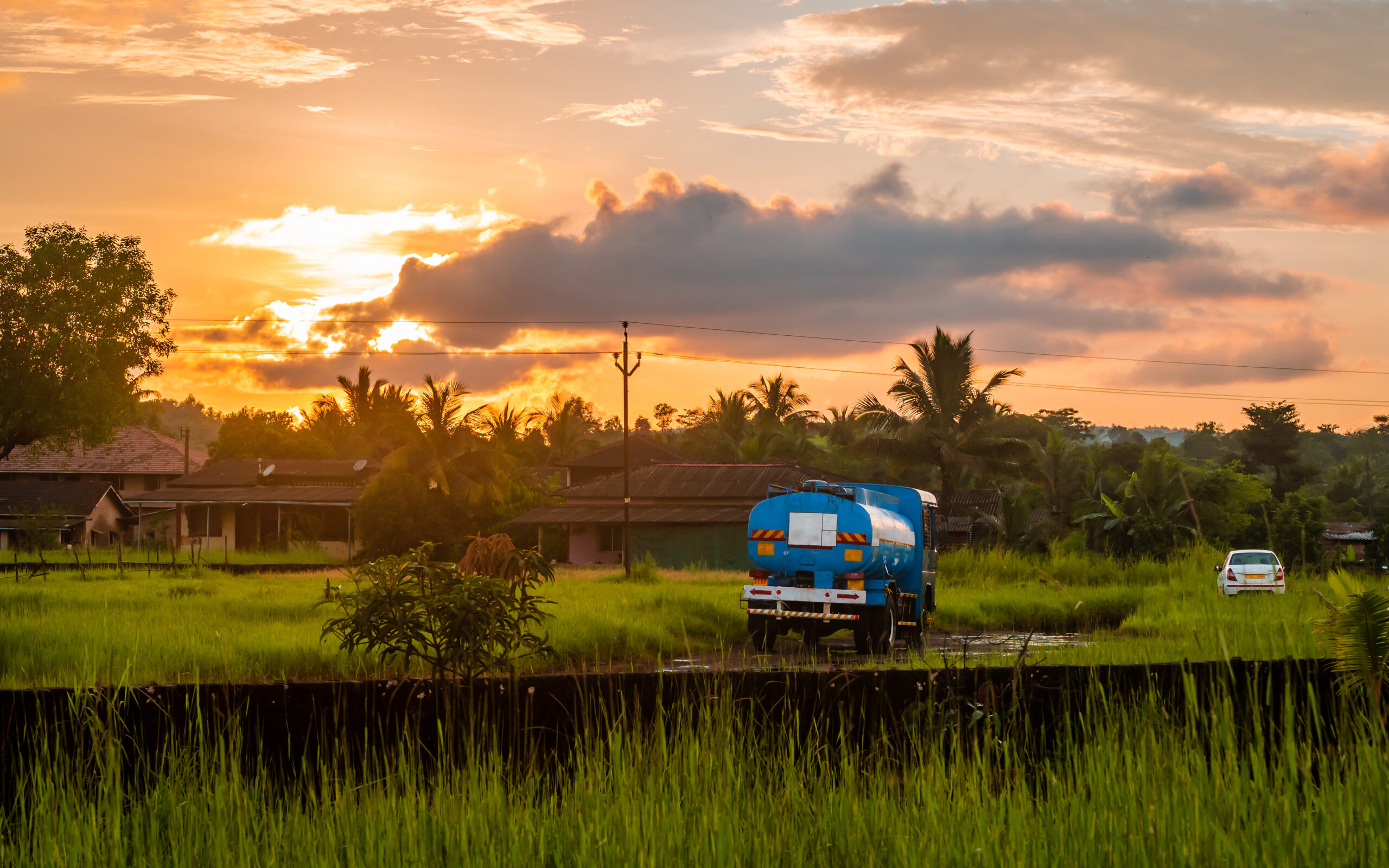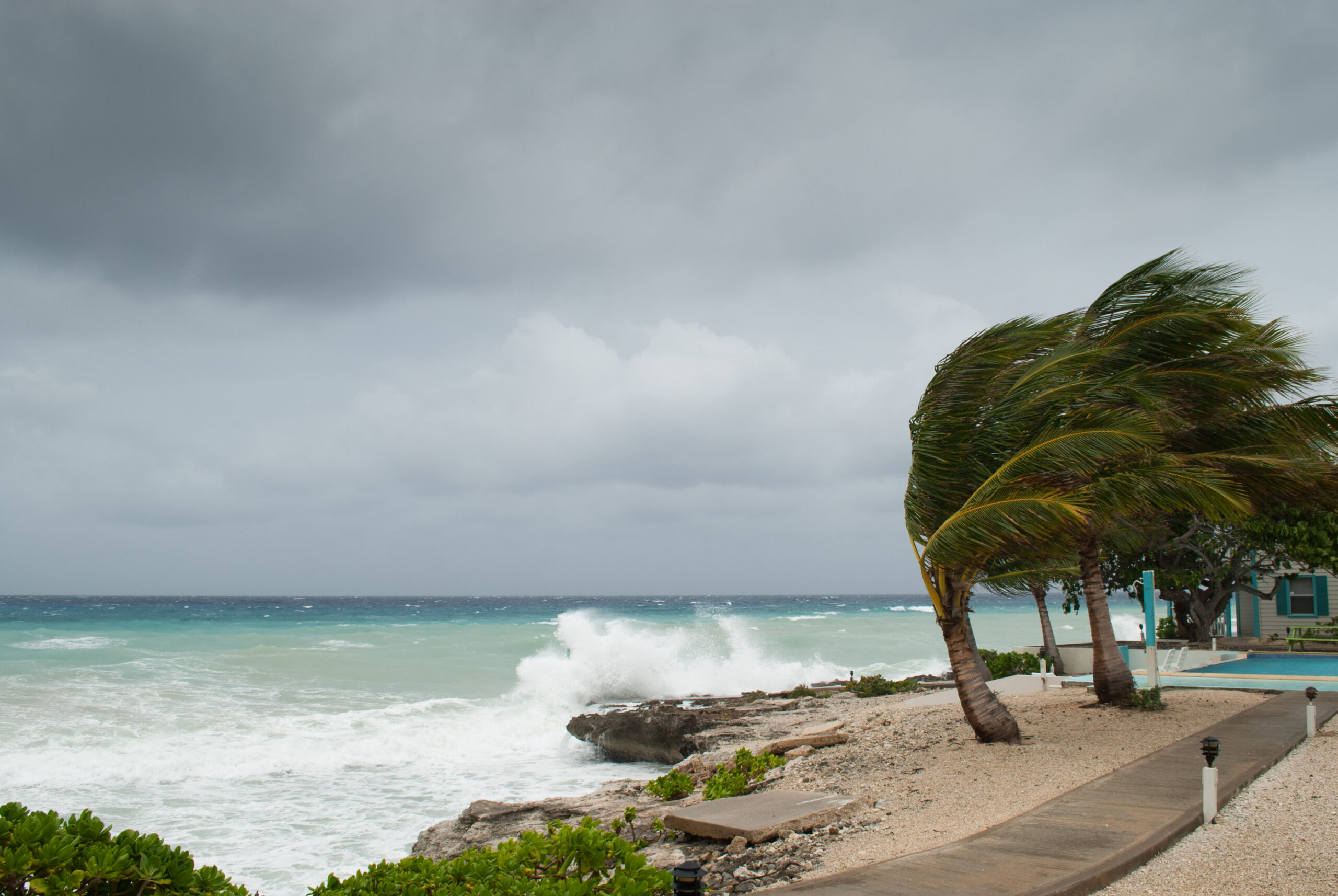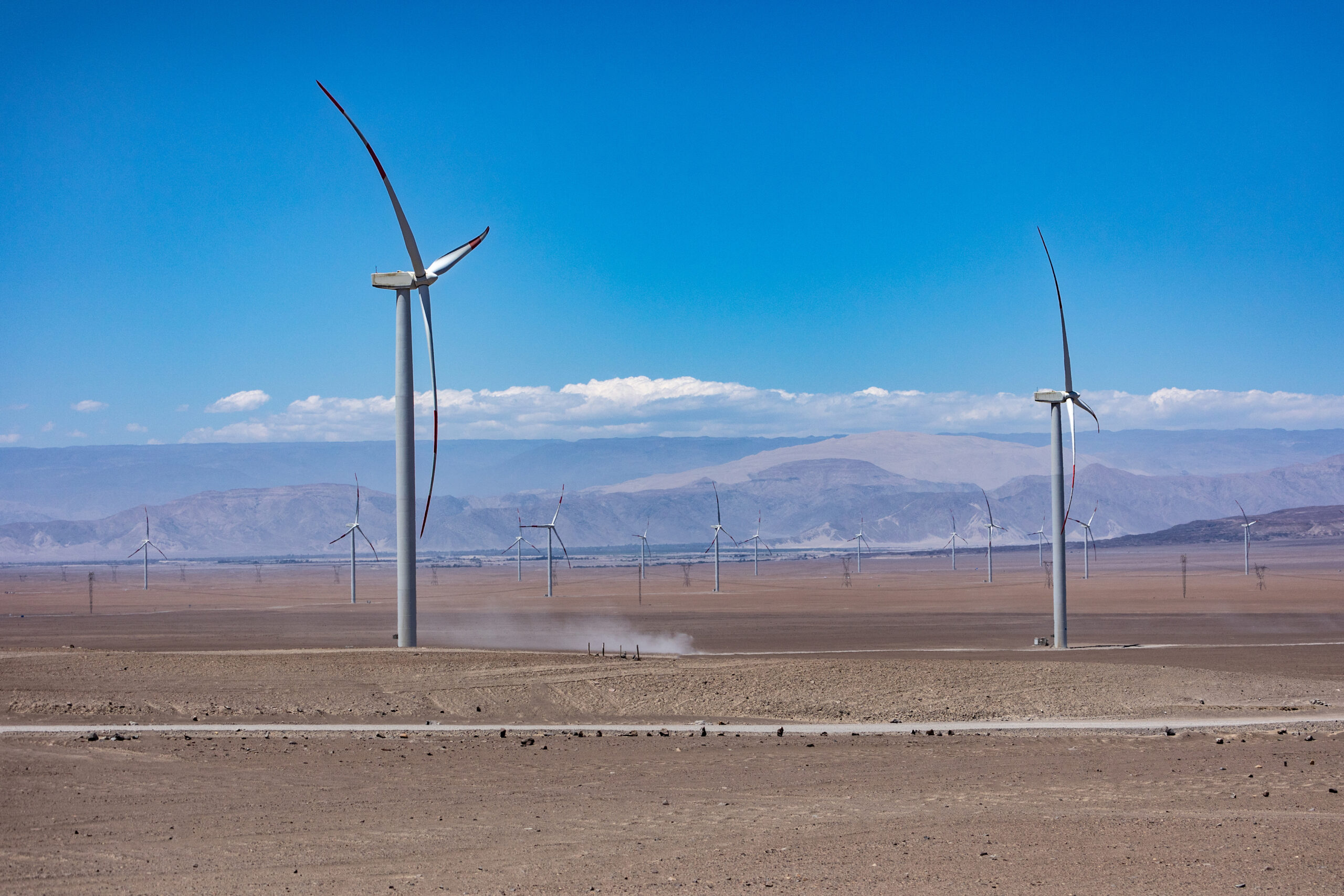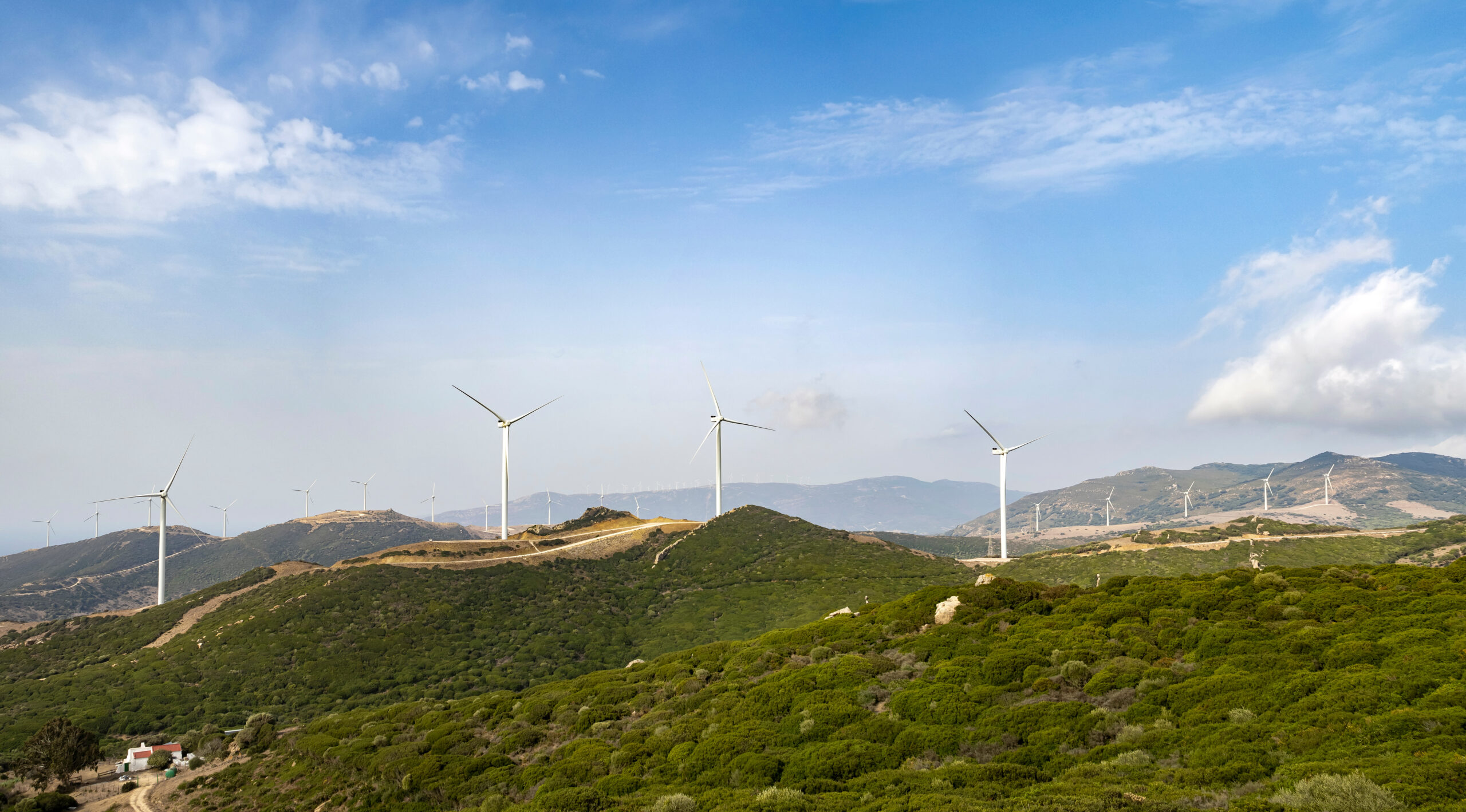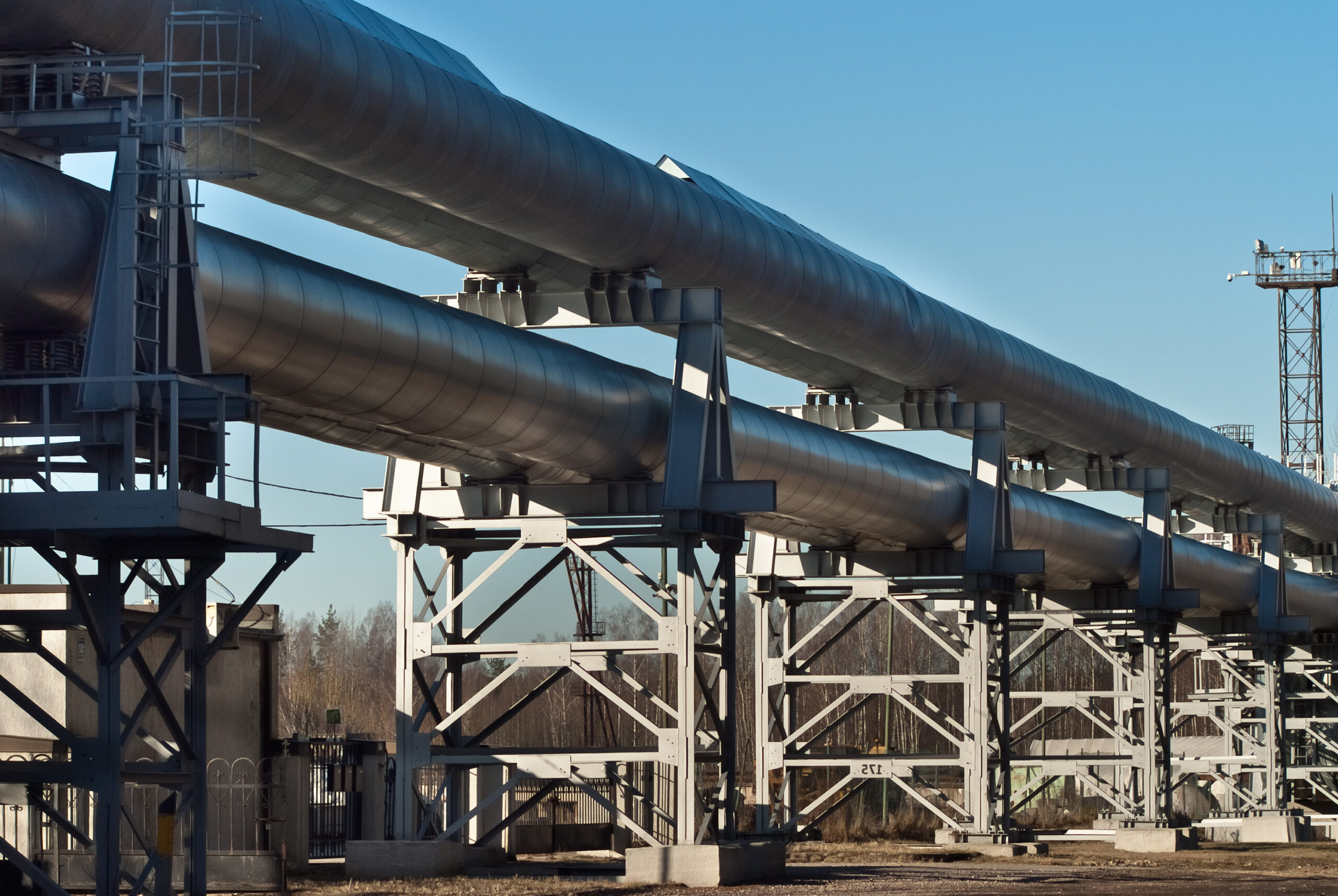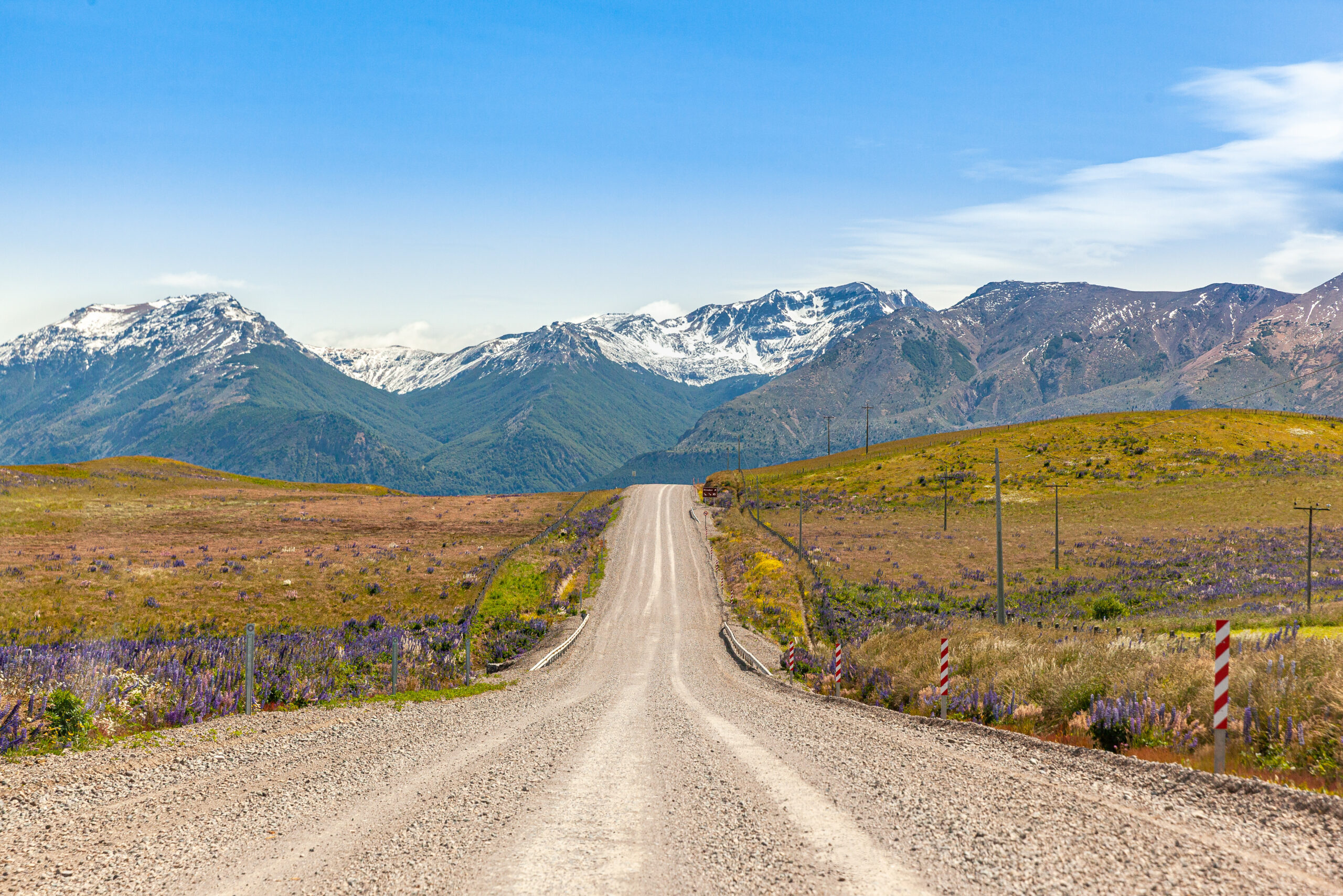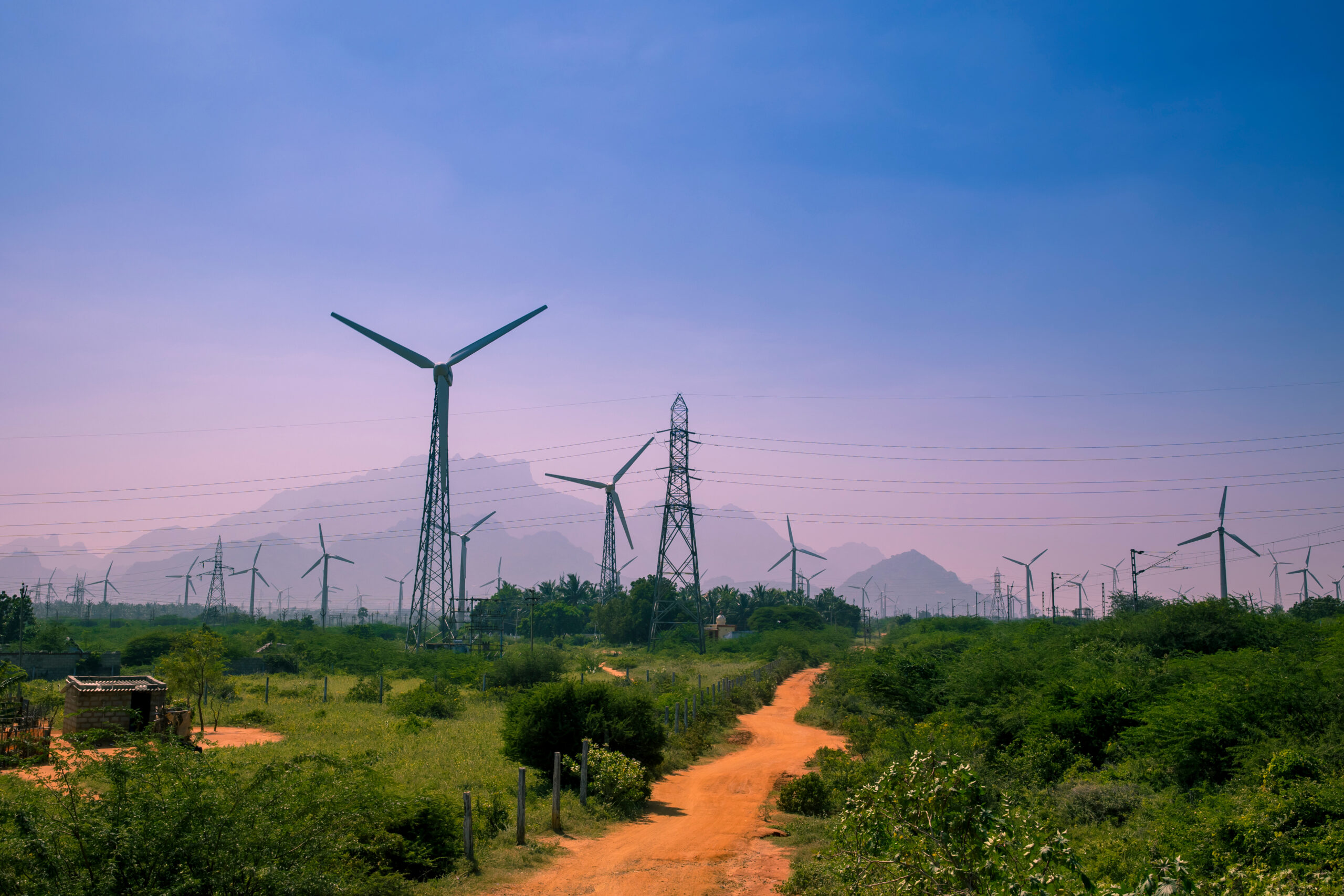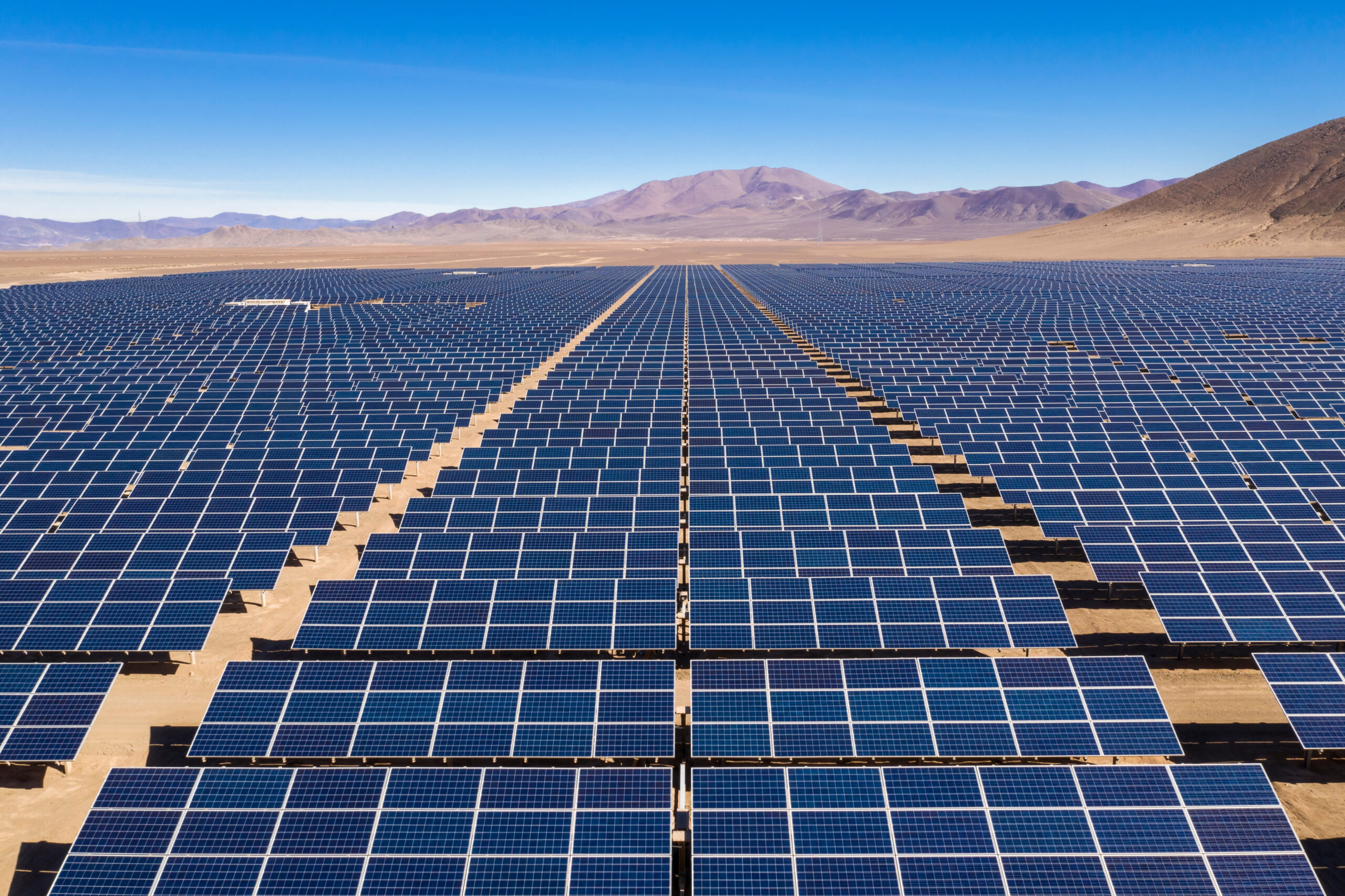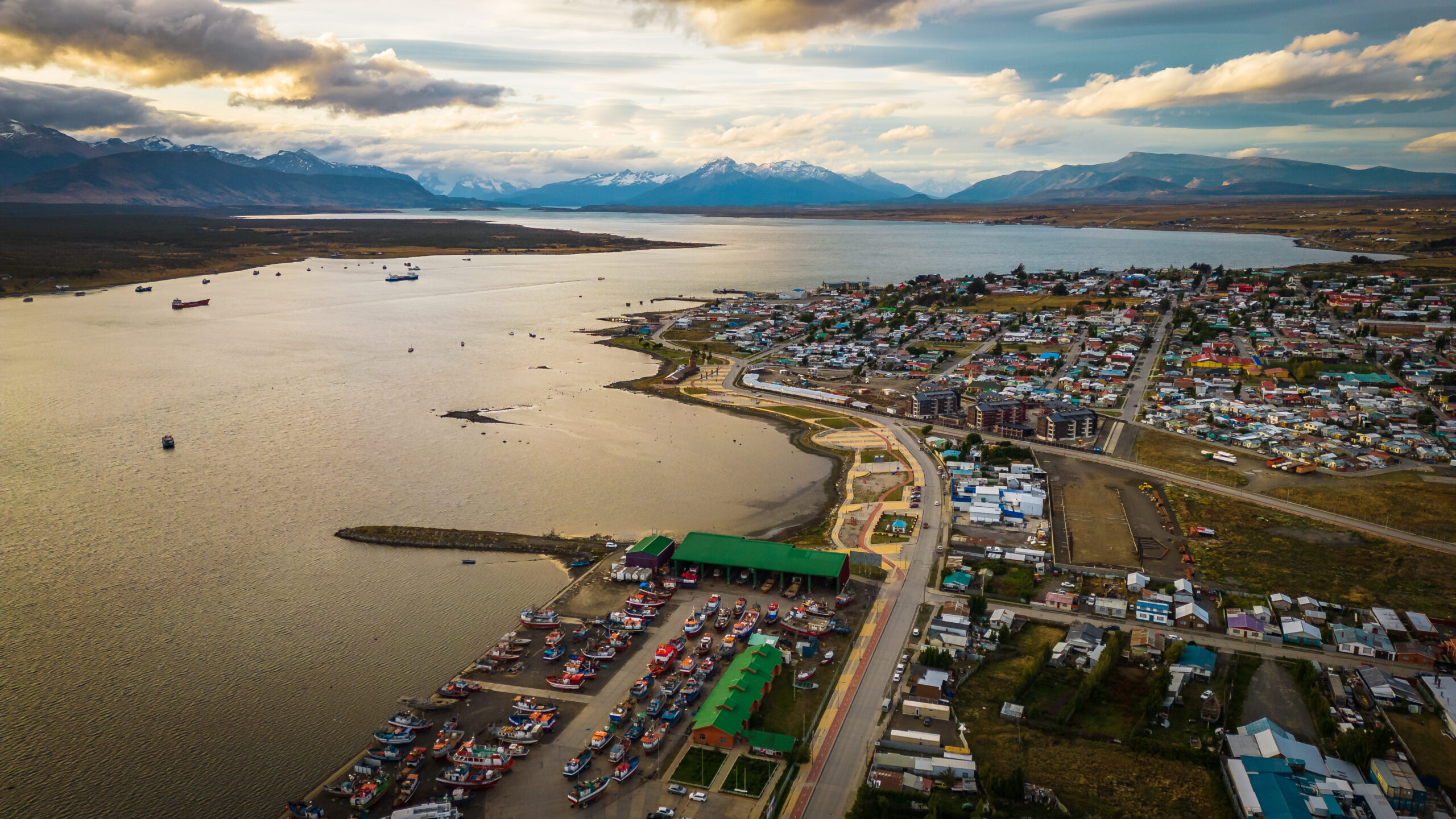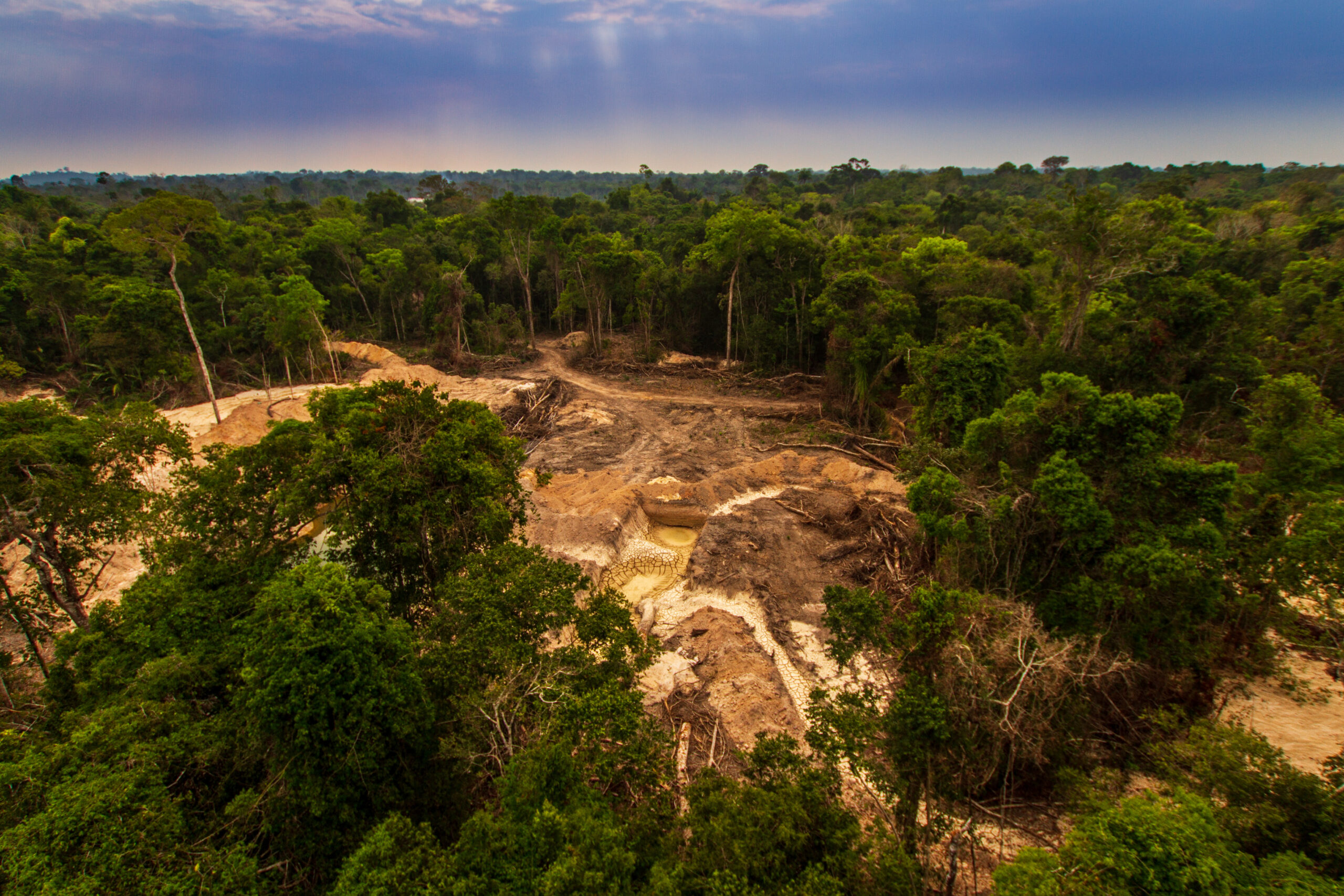An announcement this week at the Arpel-Naturgas conference in Cartagena suggests that the administration of Colombian President Gustavo Petro is putting more emphasis on Venezuelan gas than domestic alternatives.
Venezuela is poised to lock in oil and gas supply to Caribbean neighbours in spite of a flare-up in tensions with the United States, which is threatening to restore crippling sanctions on Caracas.
Much like the draft COP28 text that omitted to mention a fossil fuel phase-out, Brazil’s vow to be the “1.5 paladin” is an empty promise.
Deepwater drilling for oil and gas is gaining a fresh foothold in Argentina, defying climate warnings and predictions for falling demand.
Argentina’s gas surge is at once accelerating Bolivia’s demise as a gas supplier and reinforcing South America’s dependence on fossil fuels.
A new gas-to-power project, dubbed a fossil fuel “bridge,” poses a challenge in a country that is especially vulnerable to climate change.
The recent gradual easing of U.S. sanctions on the country is calling attention to Venezuela's gas flaring.
Brazil’s president-elect Luiz Inácio Lula da Silva wants to reassert some form of state control over motor fuel prices and steer state-run Petrobras back into refining, but analysts say he will have limited political and economic scope for major near-term fossil fuels policy changes.
Rising sea levels and intensifying hurricanes underline the urgency of transforming Caribbean energy systems, which are oil-based, costly and vulnerable.
Landmark legislation has the potential to unlock a wave of investment in renewable energy in Peru, but political dysfunction could get in the way.
A new gas-to-power project, dubbed a fossil fuel “bridge,” poses a challenge in a country that is especially vulnerable to climate change.
Deepening political and social unrest in Peru, a major LNG exporter, are deepening delays to the country's energy transition.
Landmark legislation has the potential to unlock a wave of investment in renewable energy in Peru, but political dysfunction could get in the way.
Chile’s green hydrogen plans and renewable energy potential position it as a significant exporter of the fuel to markets including Europe.
Deepening political and social unrest in Peru, a major LNG exporter, are deepening delays to the country's energy transition.
Chile needs to accelerate legal, regulatory and marketing groundwork for green hydrogen if it hopes to meet ambitious production and export targets, executives in the fledgling industry say.
Colombia’s new government is racing to wind down the oil and gas industry but also signalling that it could resort to neighbouring Venezuela to replenish gas supply.
Uruguay is the latest South American country to unveil a green hydrogen roadmap, but unlike some other aspiring producers and exporters of the emerging resource, the government has not yet relinquished plans to drill for oil and gas.
US investment giant EIG has acquired new assets in Chile including the crown jewel of Cerro Dominador, a solar complex comprising 110 MW of CSP and 100 MW of PV capacity, in the Atacama desert.
Southern Chile’s green hydrogen development has exposed the challenges in harmonising new energy sources with local communities and fauna.
Leftist frontrunner Luiz Inácio Lula da Silva is polling ahead of hard-right incumbent Jair Bolsonaro in the run-up to the 2 October election.

